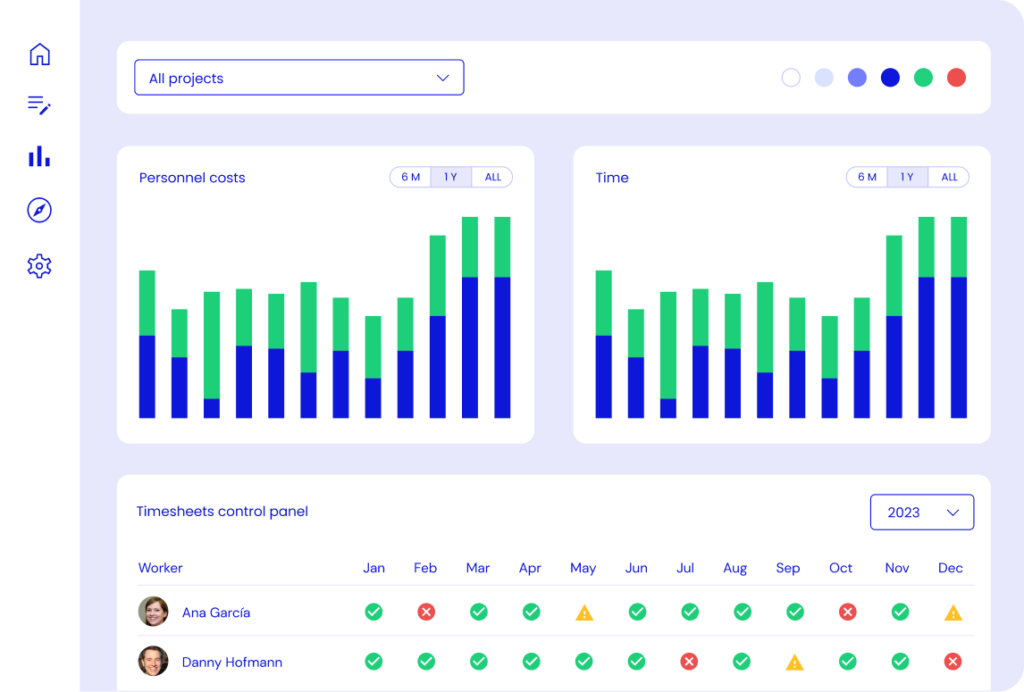When managing a project, understanding which costs are eligible for reimbursement is crucial for maintaining budget integrity and ensuring compliance with funding regulations. One frequent question that arises is whether software licenses, such as those for Kronis, can be considered eligible costs. This article aims to clarify the eligibility of such costs under the guidelines provided by the Annotated Model Grant Agreement (AMGA).
Understanding Eligible Costs
The AGA outlines specific conditions that costs must meet to be deemed eligible.
According to Article 6, costs must:
- Be actually incurred by the beneficiary.
- Occur within the project duration, except for final report submissions.
- Be declared under the correct budget category.
- Be necessary for project implementation.
- Be identifiable, verifiable, and recorded in the beneficiary’s accounts.
- Comply with national laws on taxes, labour, and social security.
- Be reasonable, justified, and adhere to sound financial management principles.
Specific Eligibility Conditions for Software Licenses
When it comes to software licenses like Kronis, the eligibility depends on several factors:
- Necessity for Implementation: The software must be essential for the project activities as described in the grant agreement. Kronis can be considered necessary if it is the system your organisation has decided to utilise for your financial management of the grant.
- Budget Category Declaration: The cost of the software license must be correctly allocated under the relevant budget category. Misallocation can lead to ineligibility, even if the expense itself is justifiable. As it is a monthly or annual license add it to other costs category.
- Timing: The purchase of the software license must occur within the project duration. Costs incurred before the project starts or after it ends are generally ineligible, except for specific cases like costs associated with final reporting.
- Reasonableness and Justification: The expense must be reasonable and justified. This means the cost should reflect market rates, and there should be clear documentation on why the software was necessary for the project. Our pricing is made available online, and if you are under a custom contract, be sure you get a quote from us.
Indirect Costs and Software Licenses
Many Project Officers (POs) tend to assess software licenses as indirect costs, which complicates their eligibility. Indirect costs, such as overheads, are not directly attributable to the project but are necessary for the general operation of the organisation. However, whether Kronis can be classified as a direct or indirect cost depends on how it is used and its internal attribution.
- At the Submission Stage:
- Budget Allocation: Include an amount under the “Other” category specifically for “software licenses for the financial management of the project.” The exact amount will vary based on the type of license. Refer to the pricing section for detailed information.
- At a Later Stage:
- Adjustment Flexibility: If you did not include this specific amount in the original budget but left the “Other Cost” category undefined or with a value less than 15% of your personnel costs, you may still be within a safe margin. In cases where no “Other Costs” are defined, consult with your project coordinator and Project Officer for guidance.
- Proper Accounting:
- Detailed Record-Keeping: Ensure that any cost related to the project is recorded in a specific sub-account within your accounting system. This distinction is crucial; otherwise, the expense may be classified as an indirect cost. This principle applies broadly to any potentially generic expense, not just those related to Kronis.
Given the ambiguity, it’s crucial to consult with the granting authority or PO to determine the appropriate classification, but in general terms, if costs are identified in the proposal and accounted properly they are eligible as Direct Costs.
Conclusion
Determining the eligibility of software licenses like Kronis requires careful consideration of several factors outlined by the AGA (Annotated Model Grant Agreement). By ensuring that the cost is necessary, properly documented, and correctly classified, you can enhance the chances of it being accepted as an eligible expense. When in doubt, consulting with your PO and maintaining transparent records will help navigate the complexities of cost eligibility in your project.


